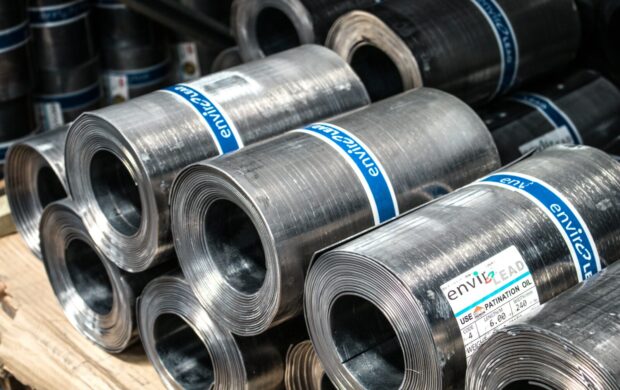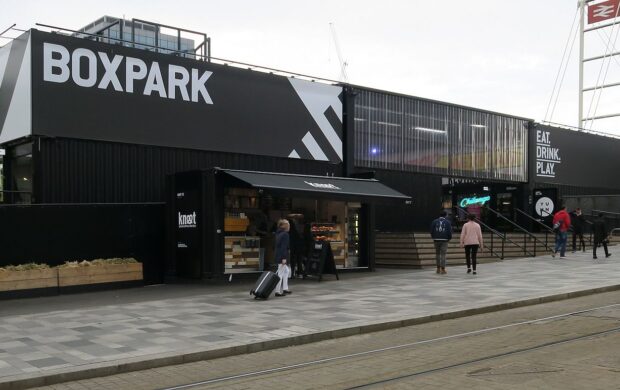Leading proxy advisor CGI Glass Lewis has recommended investors against supporting BHP’s climate commitments, calling BHP’s targets ‘limited’ with ‘room for improvement’. BHP, Australia’s largest mining company, had recently announced its goals to lower its Scope 3 emissions. While acknowledging BHP’s efforts and the difficulty in calculating Scope 3 emissions, CGI called for more specificity in BHP’s goals and ways to achieve them, especially regarding its Scope 3 emissions in the carbon-intensive steel-making industry.

So what?
In some regards, BHP has already set ambitious climate goals; it plans to cut direct operational emissions by 30 percent by 2030 and hit net-zero emissions by 2050. Still, its recent announcements in Scope 3 carbon emissions drew criticism from shareholders for not being sufficient.
These developments highlight (a) the growing demands of shareholders pushing companies to not only set ambitious targets, but also find appropriate ways to meet them, and (b) the increasing need for companies to look beyond their direct operational emissions, into Scope 2 and Scope 3 emissions. Thus, upstream companies might find it increasingly difficult to push the burden of reducing emissions to parties downstream in the value chain. Will increasing shareholder campaigns and the risk of losing investor support finally push companies to radically shift their climate change strategies?














Join discussion